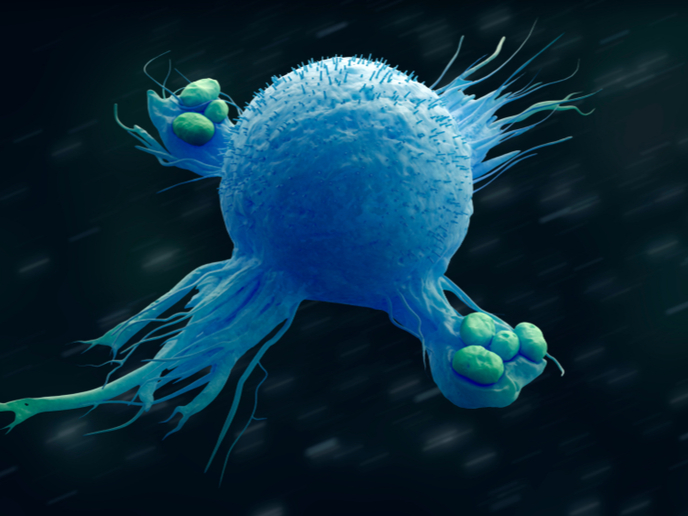Native populations shed light on attention deficit
Psychiatric and behavioural disorders present a complex situation comprised of both environmental and genetic factors influencing disease risk. Despite many studies, very few cases of gene variants have been linked with psychiatric phenotypes. Mapping by admixture linkage disequilibrium (MALD) is a potentially powerful technique for the mapping of complex genetic diseases. MALD requires a set of markers that have large allelle frequency differences and knowledge of the admixture in the study population. An EU-funded project, Mapbyadmixturechl, has placed the research focus firmly on ADHD in the native and recently admixed population of Chile. The project researchers also aimed to identify instances of population-specific selection in the populations under study. There is usually a problem in replication of positive associations within studies and the team planned to explore whether such inconsistencies could be explained by extent of population genetic differentiation. The study population consisted of children from the Andean Highlands (Aymara), Andean Easter Island (Rapanui) and Mestizo from Santiago de Chile (almost 300 children in all) as well as 600 adults from the Mestizo ethnic group. Data regarding risk of ADHD was collected using the abbreviated Conners Scale for School Teachers and applying DSM-IV criteria which formulated a risk score for each individual. A database for the phenotypic data and relevant sociocultural information was set up. Project scientists have genotyped the group using tagging single nucleotide polymorphism (SNP) genes. Two important dopaminergic genes are implicated in ADHD – DRD4 that codes for a receptor and SLC6A3, which expresses a dopamine transporter. For DRD4 in particular, there is a genetic association with ADHD in the Rapanui population. Signals of population-specific selection were found in the Chilean populations and an additive effect for DRD4 was shown with another ADHD risk allele. Interestingly, geographical differences could be related to lack of replicability and genetic differentiation between the populations. After the success by the project so far, the team intend to delve deeper into the genetic basis of ADHD and other related psychiatric disorders, particularly in native populations. From a social perspective, this project research should improve educational performance of native children generally.







